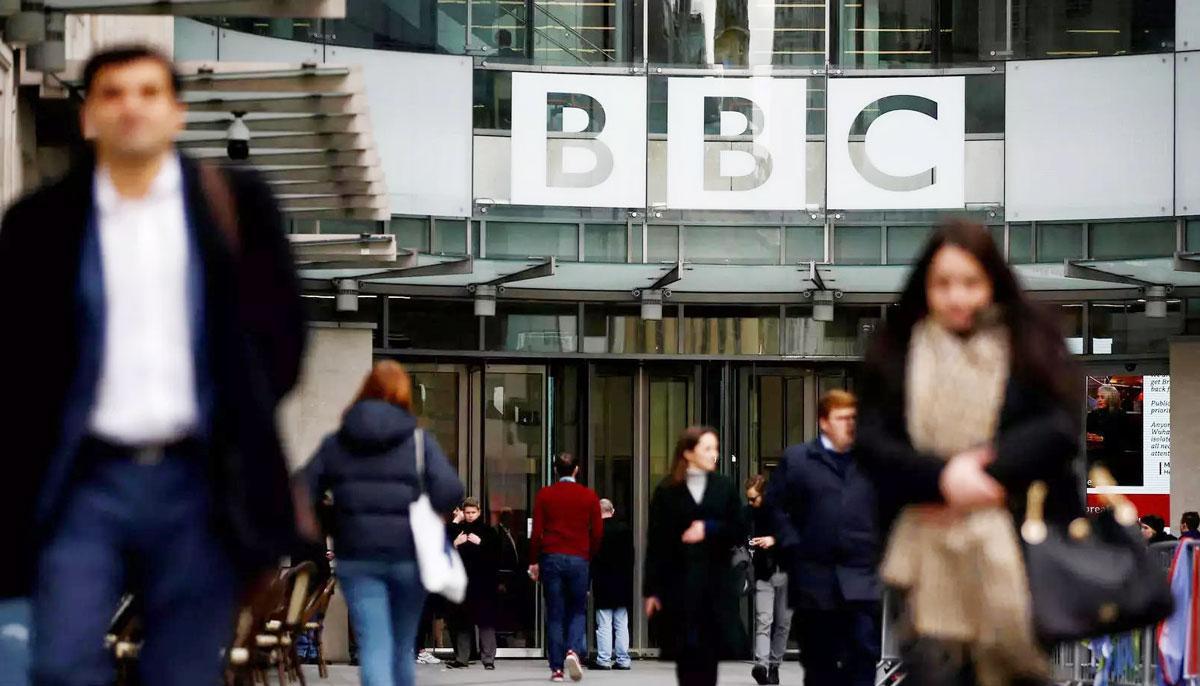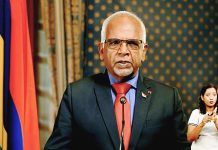Africa-Press – Mauritius. BBC caught with pants down’ – that’s how one Indian news channel, The Alternate Media, concluded its coverage of the ‘tax fraud’ committed by the BBC in India, which has been exposed by a survey that was carried out in the BBC offices in New Delhi and Mumbai about two months ago.
How does this concern me? Well, it does, because right from my student days at the Royal College Curepipe, our education was biased in favour of everything British.
Both overtly and subtly, we were led to believe that Great Britain and British institutions, especially the monarchy, as well as British values of fairness and justice, were the ideals to be looked up to and lived by.
Along with the monarchy, the British Parliament and the BBC were the two other arms of British rule that were impressed upon us – the parliament as the temple of democracy, and the BBC as the best source of reliable information and the supreme example of spoken English that should be emulated.
Only Queen’s English was then acceptable at the BBC. Until Independence it was the tradition to have British Rectors at RCC, and in 1960 when I was in Form IV a new Rector took over, Mr Herbert Bullen.
He not only exhorted us but actually tried to make us speak ‘squeaky clean’ Queen’s English – though that largely didn’t happen – by making us read passages which he would record on those big tape recorders, then play them out and correct our pronunciation one by one.
Not only that, he stressed that we should listen to the 8 o’clock BBC news every morning, both for the accuracy of the information and the proper pronunciation. Those were the days of the box radios, and I tried to be as regular as possible in following the advice of Mr Bullen.
And that is why I was stunned by the news that the BBC, which has always tried to paint a whiter than white lily image of itself – vide Mauvilac’s advert for its white paint: ‘plus blanc que blanc’ – had been found to be guilty of tax evasion by the Indian authorities, to the tune of nearly Indian Rs 400 million.
Perhaps I ought not to have been surprised, because it is by now a known fact that one can no longer count on the BBC for the validity of its news, especially where India is concerned.
Those who know better have drawn attention repeatedly to the ‘wokeism’ that has infiltrated that once venerable institution, and that its coverage can be very biased. A glaring example was the film that BBC showed earlier this year titled ‘India: The Modi Question’.
It raked up old issues already disposed of by judgements of the Supreme Court of India, and those who made that film wanted to act as a supra-Supreme Court and give their version based on material that had already been discredited and dismissed by India’s Supreme Court.
The film was banned in India, and currently the BBC is being sued in the Supreme Court there. The plaintiff is represented by eminent jurist and constitutional expert, Harish Salve, who has a robust track record, having also successfully defended the Indian government at the International Court in The Hague.
For More News And Analysis About Mauritius Follow Africa-Press







